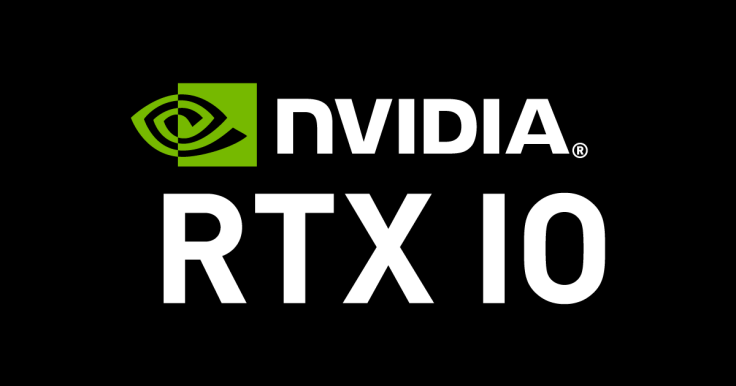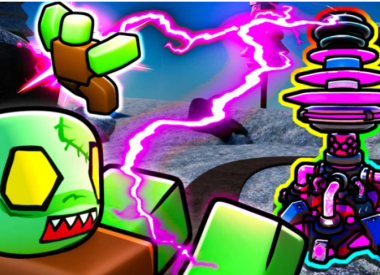Among the many announcements made yesterday from Nvidia, the tech company also revealed two new technologies – RTX IO and DirectStorage, which are among the suite of technologies aiming to lower GPU-based load times and game asset decompression. Nvidia has developed RTX IO and DirectStorage technology by partnering with Microsoft.
According to Bryan Langley, the Group Program Manager for Windows Graphics and Gaming, Microsoft's partnership with Nvidia will bring Windows users the benefits of next-generation I/O. The DirectStorage API for Windows will be capable of leveraging Nvidia's cutting-edge RTX IO and enable developers to use these technologies in delivering the best possible performance. DirectStorage will help in minimizing game sizes, reduce load times, and enable making open worlds even more expansive and detailed.
With RTX IO, the next-generation RTX 3000 series graphics cards can read compressed data directly from the storage and the decompression will occur within the GPU's VRAM, instead of the traditional system memory route. RTX IO will eliminate the decompression from the CPU, in turn improving performance.
Microsoft also shared additional information on DirectStorage via a blog post that explains how the technology will only support NVMe SSDs. "This API is the response to an evolving storage and IO landscape in PC gaming," the blog post stated. "DirectStorage will be supported on certain systems with NVMe drives and work to bring your gaming experience to the next level. In a world where games need to load and decompress thousands of blocks for the next frame, the one-at-a-time model results in loss of efficiency at various points in the data block’s journey. The DirectStorage API is architected in a way that takes all this into account and maximizes performance throughout the entire pipeline from NVMe drive all the way to the GPU."
However, there's a catch to all the RTX IO and DirectStorage news flying around. Microsoft is looking to release the DirectStorage API sometime next year for developers, and that will be a preview version. This means to see DirectStorage and RTX IO in full action, we'll most likely have to wait until 2022.

















